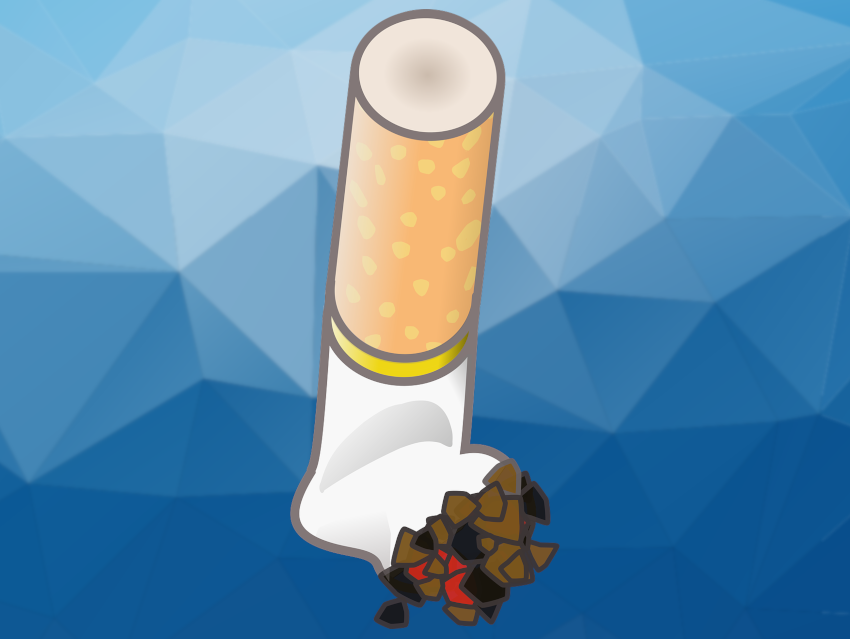Cigarette butts are a very common form of litter. They are found in large numbers in the streets of many cities around the world, but also at other well-frequented places such as beaches. The filters, in particular, can contribute to pollution. They are usually made from cellulose acetate, which is a semisynthetic polymer and can take years to fully degrade in the environment, depending on the conditions. Compounds in the filters and loose fibers can leach into water and affect aquatic ecosystems.
Therese Nitschke, University of Gothenburg, Sweden, and colleagues have performed a multidisciplinary study that looked at which personal and situational aspects predict whether a person will litter or dispose of their cigarette butts properly. They also investigated the potential toxicity of cigarette filters on aquatic Chironomus riparius larvae that serve as model organisms.
To obtain the cigarette littering predictors, the team observed smokers at different sites in Gothenburg and noted properties such as the weather, preexisting litter, and the number of ashtrays and trash bins in the area, as well as the estimated age and gender of the smokers and whether they were presently in a group or alone. They found that smokers in a group litter more than smokers who are alone and that littering decreased with the age of the smokers. More ashtrays reduced the likelihood of littering. This could be useful to design litter prevention measures, e.g., by targeting younger smokers.
The researchers also performed standardized ecotoxicity testing using Chironomus riparius larvae, differentiating between the filters of smoked and unsmoked cigarettes. They found that acute exposure to both smoked and unsmoked filters caused immobility in the larvae. This suggests that both substances formed during smoking and substances that are present in “unused” filters, such as diethyl phthalate, can play a role in the toxicity. Filter fibers seem to add to the toxicity of the leachates. Larvae exposed to sediment contaminated with filters for seven days showed more than 20 % higher mortality, a decrease in growth, and delayed development compared to larvae under control conditions. According to the researchers, the results overall indicate that cigarette filter litter can be toxic to freshwater invertebrates.
- Smokers’ behaviour and the toxicity of cigarette filters to aquatic life: a multidisciplinary study,
Therese Nitschke, Agathe Bour, Magnus Bergquist, Marion Blanchard, Francesca Molinari, Bethanie Carney Almroth,
Micropl. Nanopl. 2023.
https://doi.org/10.1186/s43591-022-00050-2




